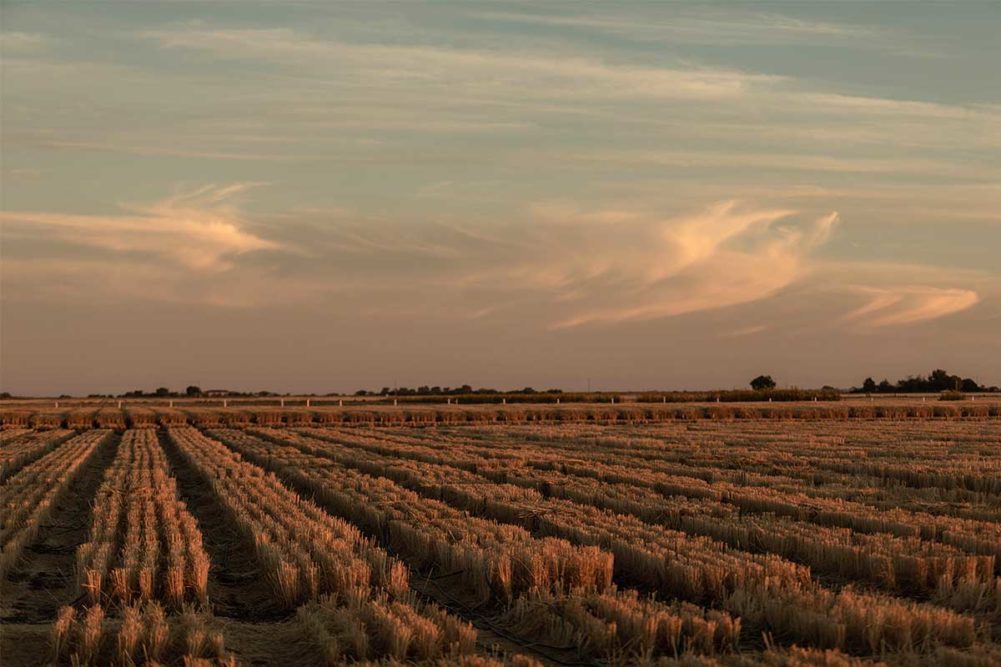Within the global baking industry, Grupo Bimbo SAB de CV, Mexico City, may be most known for its leadership in the sustainability space. From the beginning of environmental regulations on industry, the company has been at the forefront, complying with regulations and then looking for ways to go the next step.
“Sustainability has evolved over the years from our first certifications,” said Jimena Hernández, global sustainability manager, Grupo Bimbo. “Now we have a strategy that includes short-, medium- and long-term goals that align with our purpose for a better world. We’re always looking to improve the well-being of people, the company and the planet.”
For example, the company was a pioneer in biodegradable packaging in Latin America in 2008. When looking into electric delivery vehicles for local routes, the company was unsatisfied with what it found on the market at the time, so the engineers at its Moldex subsidiary facility in Toluca, Mexico, decided to build their own electric delivery vehicle. This year 2,400 of those vehicles could be found on the road serving secondary distribution in Mexico.
“At the end of 2019 we decided we needed to be more ambitious,” said Alejandra Vazquez Langle Nieto, global sustainability vice president, Grupo Bimbo. “We had been doing incremental changes, but we knew we needed to set goals and objects and link sustainability to the business purpose of nourishing a better world.”
The company has always focused its sustainability efforts, she said, on where it can make the most difference, while also evaluating the risks and impacts on the company. In its 2022 annual report, Grupo Bimbo laid out three main areas for its sustainability plan: zero waste, net zero carbon emissions and regenerative agriculture. The zero-waste goal aims to reduce waste in packaging, water and food. According to the report, the company has set 2030 goals of 100% of packaging supporting a circular economy, reducing water consumption by 20% from its 2019 baseline and reducing food waste by 50% in its operations.
In addition to waste reduction, Grupo Bimbo is pursuing regenerative agriculture as a strategy toward a circular economy. By 2030, the company has committed to 200,000 hectares (494,210 acres) of wheat using regenerative agriculture practices. By 2050, that goal is to source all key ingredients through these practices. Like so many goals in Grupo Bimbo’s sustainability strategy, this pursuit of regenerative agriculture has benefits beyond improving soil health and contributing to a healthy planet but reverberates into other company goals as well.
“The whole strategy is cross-functional,” Ms. Hernández said.
So much of what Grupo Bimbo does, from ingredient sourcing to product development, operations, sales, community, sustainability, nutrition and workforce, is intertwined. None can succeed without the other, which is why so many of the company’s goals overlap.
While most baking companies have a mission, vision or purpose, usually painted on a wall in the bakery or posted on its website for shareholders or customers, Grupo Bimbo has gone more than an extra mile. It’s Nourishing a Better World purpose ensures that every decision and investment Grupo Bimbo makes and the goals it sets for itself are propelling the company toward being the most sustainable, highly productive and deeply humane business it can be.
These commitments and the transparency and authenticity with which Grupo Bimbo pursues them has not only set it apart as a global corporation but also made it a Mexican institution, embedding itself in the lives and hearts of the Mexican people.
This article is an excerpt from the September 2023 issue of Baking & Snack. To read the entire feature on Grupo Bimbo, click here.





